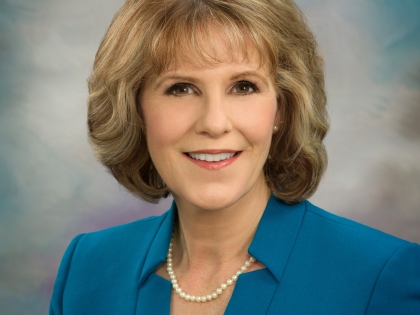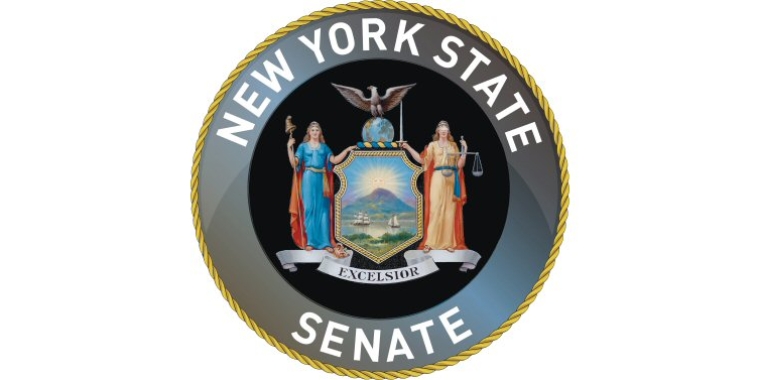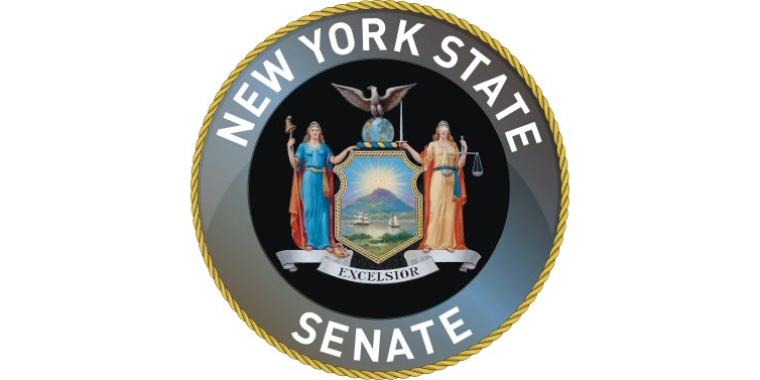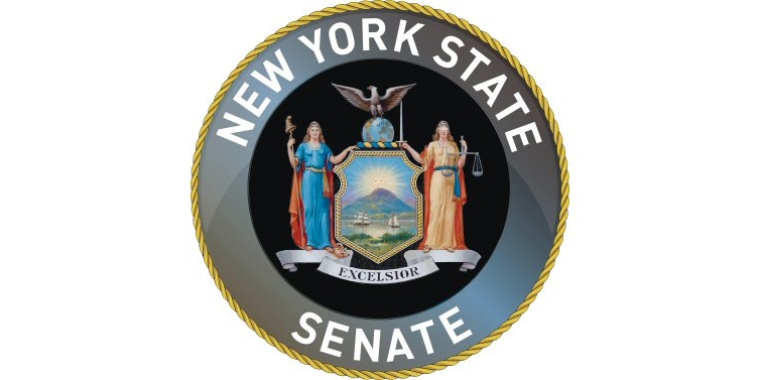
Legislation Strengthening Penalties for Illegal Drug Sales and Trafficking Passed by the Senate
March 6, 2017
ALBANY – With thousands of New Yorkers struggling against heroin and opioid addiction, new and powerful tools are needed to bring those who sell and traffic these drugs in our community to justice.
To combat the sale of heroin and other illegal drugs, Senator Catharine Young (R,C,I- 57th District) has joined her colleagues to pass legislation that would make it easier to impose harsh penalties on those who profit off sales of heroin and opioids.
“The heroin epidemic continues to devastate people of all ages and from all walks of life. Our local district attorneys and law enforcement agencies have shared with me the struggles they encounter when bringing charges against someone in cases related to heroin. With heroin’s relatively low street value and the high standards needed to bring charges, it can be difficult for someone to face serious punishment, even in cases where someone has died,” Senator Young said.
“Livingston County Sheriff’s deputies arrested two men in December with over 20 bags of heroin. The Southern Tier Regional Drug Task Force regularly executes warrants against dealers in our region. Our law enforcement officers are doing their job to the best of their abilities within the current laws. If criminals are taking orders from someone above them, or if a connection can established with other dealers locally, we should be able to charge them as a major drug trafficker so that we can get these drugs off the streets permanently. This legislation will provide greater assurance that people who peddle these poisons are held responsible for their misdeeds,” Senator Young said.
The bills were among a series of recommendations developed in a report produced by the Senate’s Joint Task Force on Heroin and Opioid Addiction in 2016.
Senate Bill 301, co-sponsored by Senator Young and passed by the Senate, strengthens existing laws to facilitate the successful prosecutions of major drug traffickers. Current law makes it difficult to prosecute heroin trafficking because it can be too difficult to prove the criminal enterprise that must exist to convict a major trafficker. The bill modernizes provisions of current anti-drug laws by: reducing the number of people needing to be involved and charged from four to three; lowering from $75,000 to $25,000 the minimum required proceeds from the sale of controlled substances per year to reflect the low street prices of heroin; and expanding law enforcement’s ability to charge lower-level participants in drug trafficking.
Senate Bill 814A, which also passed the Senate, adds “park grounds and playgrounds” to the statute currently providing increased penalties for the sale of controlled substances. The bill increases the penalties for dealers who sell drugs on school grounds or daycare centers by expanding the provisions to include parks and playgrounds that may not be directly attached to a school, which enhances district attorney’s ability to crack down and prosecute drug dealers who target sales to children.
“If we are ever truly going to end the destruction heroin is wreaking in our communities, we all need to work together on all levels of government to get people the treatment they need and to prosecute those with ill intent. By refining the laws to match the reality on the streets, we can begin to turn the tide on drug dealers and start to reclaim our communities,” Senator Young said.
The Joint Senate Task Force on Heroin and Opioid Addiction, on which Senator Young serves, has held hearings across the state that included input from dozens of experts, parents, recovering addicts, and concerned New Yorkers affected by addiction. The Task Force’s work culminated in the release of a report that focused on four key areas to combat the epidemic, including prevention, treatment, recovery and enforcement.
related legislation
Share this Article or Press Release
Newsroom
Go to NewsroomStatement from NYS Senator Catharine M. Young (R,C,I-57th District)
February 28, 2019
Town of Mansfield Slated to Receive $300,000 State Grant
February 27, 2019

Senator Young Secures $125,000 for Town of Ripley
February 27, 2019

